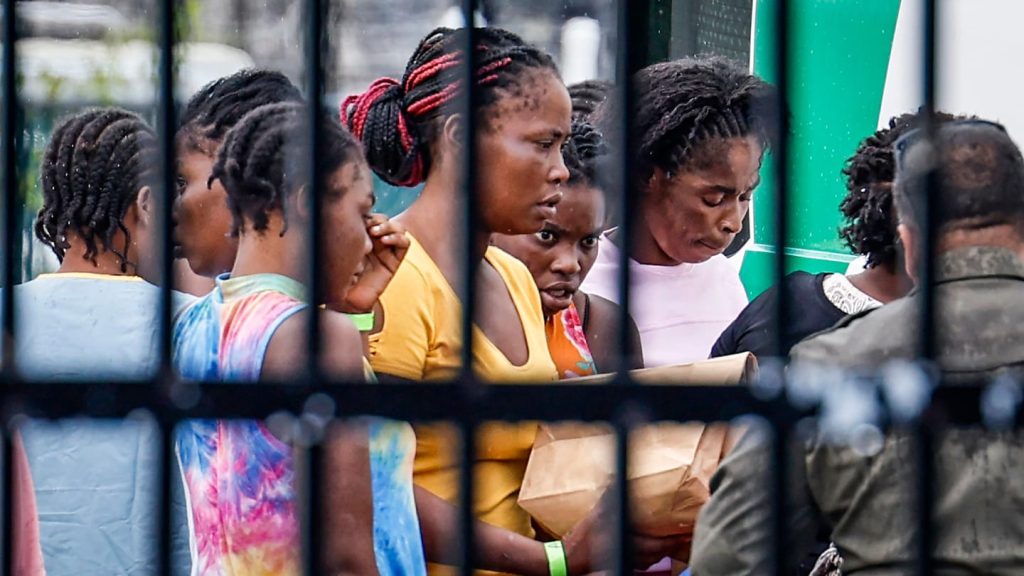“This devastating incident highlights the risks faced by children, women and men migrating irregularly and demonstrates the critical need for safe and legal migration pathways,” IOM Haiti director Grégoire Goodstein said in a statement.
The fire came the same week that a second contingent of Kenyan police arrived in Haiti’s capital, Port-au-Prince, as part of a United Nations-backed international security mission to defeat heavily armed gangs that control at least 80 percent of the city and allow new elections.
The United Nations office in Haiti reported last month that at least 3,250 people were killed by gangs in Haiti between January and May, a rise of more than 30 percent over the previous five months. The violence has forced more than 570,000 people to flee their homes.
The security challenges are exacerbating a humanitarian crisis in a country that has been plagued by poverty for years and where about half the population suffers from severe hunger.
“Haiti’s socio-economic situation is dire,” Goodstein said, “and the extreme violence over the past few months has only led Haitians to resort to even more desperate measures.”
Get caught up in
Stories to keep you up to date
More than 86,000 migrants have been forcibly returned to Haiti by neighboring countries this year, according to the IOM.
In the weeks since hundreds of Kenyan police arrived in Haiti, they have joined forces with Haitian national police to patrol the streets but have yet to launch operations to pacify gang-controlled areas.
U.S. Ambassador to Haiti Dennis B. Hankins said he expected those operations to begin “within the next few weeks.”
As the violence escalates, Haitians are increasingly taking to the sea to seek refuge elsewhere, many making dangerous voyages in rickety boats and makeshift vessels unsuitable for such a journey. The Turks and Caicos Islands, a British overseas territory, are a common destination. Others are heading for the Bahamas or the Florida coast.
The U.S. Coast Guard and the Bahamas Defense Force said Thursday they were calling off the search for 60 Haitian migrants who may have set sail from the Bahamas to Florida on July 4 aboard a boat that had engine trouble.
The IOM said it was difficult to calculate how many people die at sea because of “the remoteness of the sea routes, the secrecy of ship departures and a lack of information about the routes”.
“Many ships are leaving [Haiti]”Many have been seized by foreign coast guards and probably many are dead, but we will never know,” said Antoine Lemonnier, an IOM spokesman in the country.


